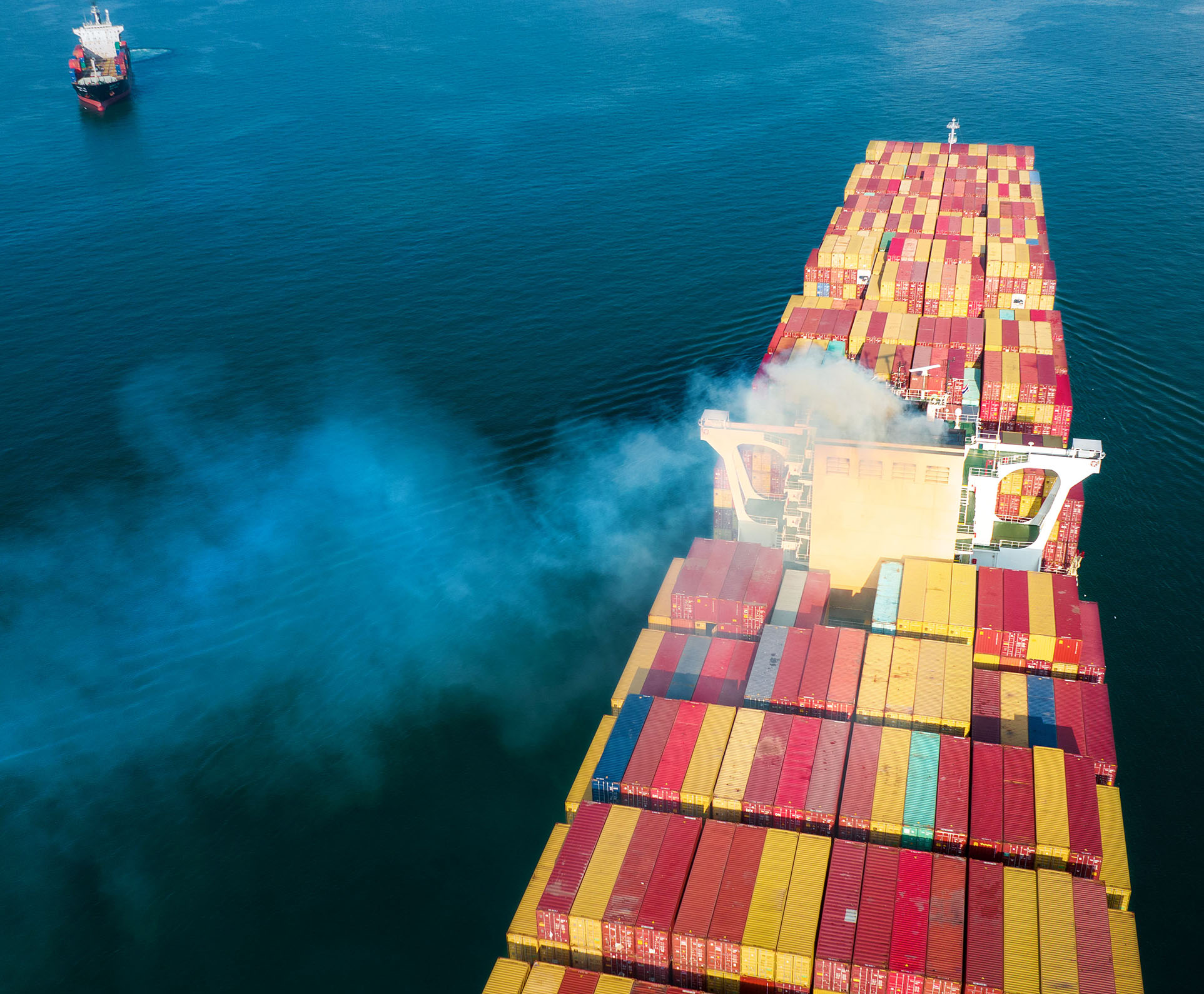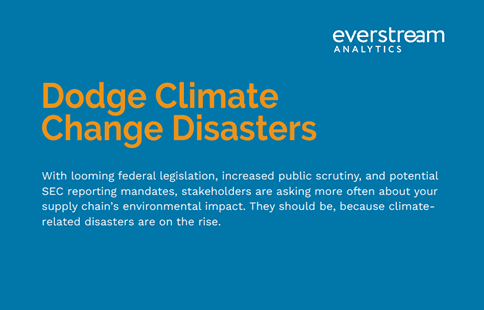Emissions reporting – Scope 1, 2, 3
By reporting on all three scopes, businesses gain a comprehensive view of their emissions profile, which can help them identify areas of high emissions, prioritize mitigation efforts, and set goals for reducing overall carbon footprint. Additionally, reporting on scope 3 emissions can drive supply chain engagement and promote transparency across the entire value chain, leading to more sustainable practices and reduced emissions.








